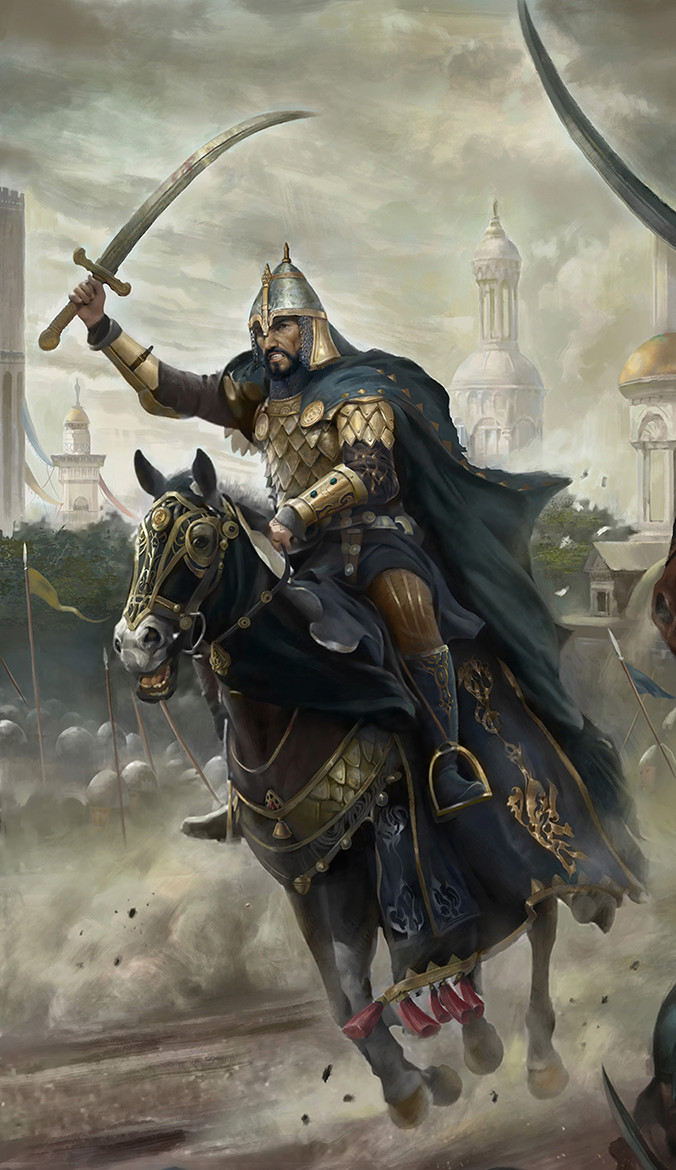Welcome to the most-difficult-to-produce episode I've ever put out! Why? Because I am talking about Islam following the way Mohammed and the Koran talk(ed) about Islam. The West suffers from a kind of historical amnesia about both the Crusades and Islam; almost like there is a willful ignorance at work. But what did Mohammed himself offer to Muslims who go to war? With what kind of pious language did he describe jihad to the glory of Allah? To help frame the disconnect today I also explain the current perspective on religion versus how religion was always practiced, everywhere. And, to my surprise (I felt so naive) I note the reigning Protestant meme-perspective on the Crusades. To open the show I offer reflections both on today's Evangelical piety and the process of becoming who we are, as persons. We emphasize the "I'm at a crossroads!" decisions, but it is the little, daily, mundane decisions that truly shape who we are.
All tagged chronological snobbery
330 RfYtB (5) Afloat on Culture, Jesus “JUST as he was”
Which is more influential, the culture or the Church? Man, it's not even close! How do we know? One crisp way: examine what church leaders are doing. Take Pope Francis, for example. Conservative life-long Roman Catholics are beside themselves with how Francis is either working around or apart from Church tradition. The reality is we are living in an era that mirrors the 16th century Reformation for its significance. I also suggest an approach for when you're in a debate. Finally I examine the a priori assumptions and methodology of the Jesus Seminar. Just who was Jesus as he was?
299 God's Salvation Strategy; Tradition—Democracy of the Dead
Concerning how God worked (works) in history, what is the constant biblical pattern? Will everyone be saved no matter what? Will only the pure in heart be saved? I examine both Genesis and John to discern the biblical template. Along the way I variously pray for children who have spurned the faith, teach about prayer using ancient words, note G.K. Chesterton's definition of tradition, muse aloud about a-historical and rootless believers, and work through some theological humor. Come think and laugh with me.
249 The Spiritual World (3) Giants
Paleo (most ancient) cultures were aware of the existence of giants. Most of those cultures viewed them as great warriors, heroes, and transmitters of divine oracles. The Bible, in clear contrast, views them as abominations, corruptions, and transmitters of evil. This stems, at least, from the Bible's sensitivity to the spiritual world. This episode establishes important backgrounds for still later (newer) biblical teachings. I also share my thoughts on the war in Ukraine.
230 Were America's Founders Christian? A Conversation with Dr. Darren Guerra (1)
In this conversation with Political Science professor Darren Guerra I ask, were the Founders Christian? Or better, how were they? What were they doing with their faith that is so lacking in the contemporary Church? What is presentism and how does it shape people's assessment of history? What were the Founders' core commitments about being human? What did they borrow from Greek philosophy to build society? Why do core principles matter so much? And, why oh why did they value the Old Testament so much?
186 The Virgin Birth, Why Does it Matter?
What does the New Testament teach us about the virginal conception of Jesus? Was the event God-initiated or Mary-initiated? What are some theological ramifications of his birth, especially for being human? What did the very first Christians believe about all of that? Why does it matter today? And what, especially, seems to prevent belief in Jesus' birth today?
053 Heaven and Hell (3) Inter-Testamental Shift
The Old Testament was vague at best concerning the afterlife and what happens to the self. The Inter-Testamental period represents a significant shift thereon. Why? What changed? What was going on among the ancient Jews to cause such an enormous paradigm shift? Did Jesus believe more like an OT Jew or an inter-testamental Jew? Even more pressing, was God still at work during this "silent" period? Or, is God only at work when it concerns us and our era?







